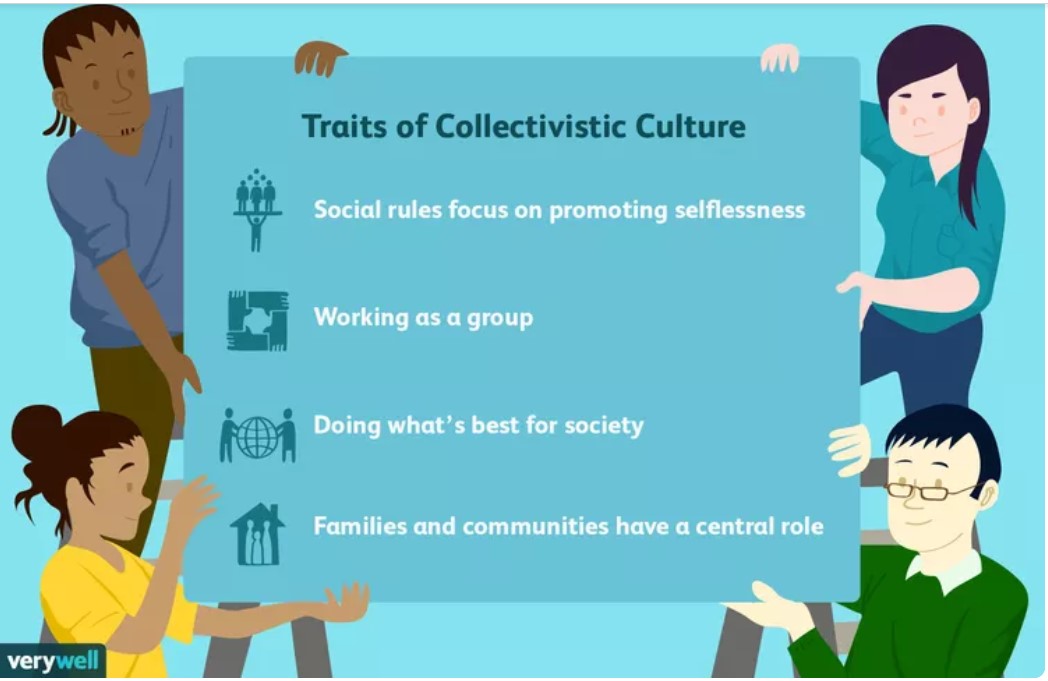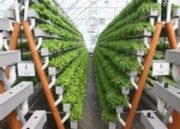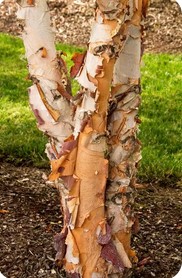When mariner worked as a project manager, he learned that certain individuals made it difficult to run the project. For many reasons related to power insecurity, bad personality, uncontrolled desire to change objectives and other distracting behaviors, these individuals were overhead that was not helping.
As a necessity to survive and complete the project, he developed a technique that avoided confrontation but indirectly suppressed the person’s interference. He calls it “taking away cards”. Here is a simple example:
You have a chain-smoking relative who prefers not to drive the car so they always ask you to buy cigarettes for them. You are concerned about their heavy smoking. You take away their control card by saying, “I don’t have time right now; I must do something else right now. Why don’t you buy your cigarettes?” Either the relative goes without or must resolve their distaste to drive. You, however, have avoided a face-to-face shout down. With luck, you may have altered a pattern of behavior.
Mother Earth is using this technique with humans. Some examples:
- If you continue to pollute the air, I’ll stop enforcing dependable weather patterns.
- If you continue to trash the environment and killing thousands of creatures, I’ll take away your clean water.
- If you continue to make matters worse, I’ll melt all the ice at the poles and release methane from deep permafrost.
- If you don’t learn to live within the constraints of your habitat, I’ll remove the habitat.
These are not future threats; they’ve been growing for decades if not centuries. Mother Earth is about to take away our control cards. Someone tell the fossil fuel industry.
Ancient Mariner





 standing water at the back of the property; shrubs and decorative trees just can’t survive. This has happened frequently so mariner has decided to take Mother Nature’s advice and plant River Birch (Betula nigra). This tree thrives in swampy ground found in low spots, especially near ponds and rivers. What is fascinating is the tree’s habit of shredding bark every year (see picture). Insects have a hard time burrowing into smooth bark. Also, as bark peels off, it gets rid of moss and lichen that thrive in the same damp environments as birch trees.
standing water at the back of the property; shrubs and decorative trees just can’t survive. This has happened frequently so mariner has decided to take Mother Nature’s advice and plant River Birch (Betula nigra). This tree thrives in swampy ground found in low spots, especially near ponds and rivers. What is fascinating is the tree’s habit of shredding bark every year (see picture). Insects have a hard time burrowing into smooth bark. Also, as bark peels off, it gets rid of moss and lichen that thrive in the same damp environments as birch trees.